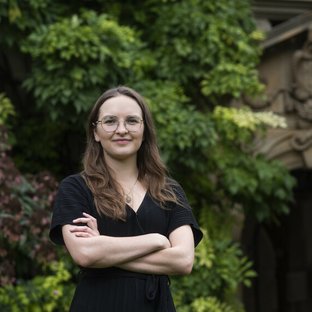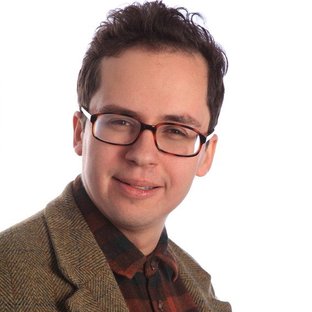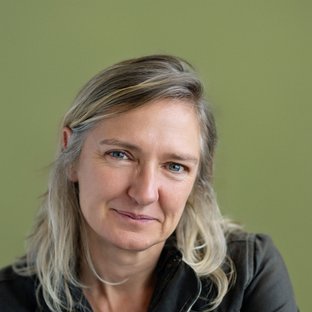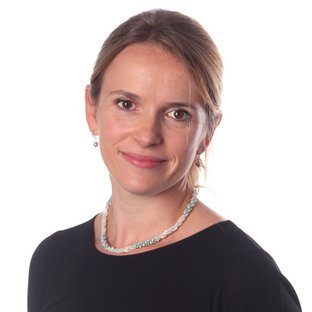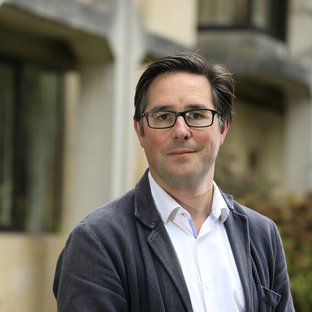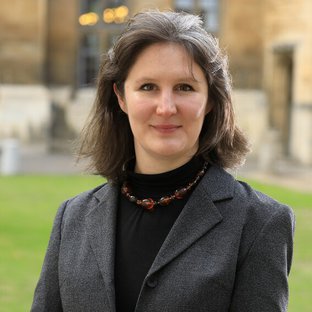History and Joint Schools
- On average, St John's accepts 12 History and Joint Schools students per year.
- We welcome applications from students who are curious and passionate about history. We look for candidates who are willing to think critically, creatively and analytically; who enjoy encountering different cultures, and discussing ideas and interpretations; and who are interested in working carefully with different kinds of evidence.
- The entry requirements for this course are determined by the University’s Faculty of History’
- More information about applying to study History and Joint Schools at Oxford can be found on the Faculty’s website.
- General advice about applying to St John’s can be found here.
- St John's history undergraduates are part of the Oxford History Faculty, one of the largest and most diverse in the world, offering papers in global history from the fall of the Roman Empire to the present day, supported by the internationally-important collections in the Bodleian Library and the University Museums.
- History has a long and distinguished tradition at St John's. Our fellowship includes William Whyte, a leading architectural and cultural historian; Hannah Skoda, who works on the history of the later Middle Ages; and Alan Strathern who specializes in religious and political change in the early modern world. This is a rich and varied history community, with a number of early career researchers working on themes ranging from the courts of the early modern period, to late antique Iberia, and slavery in the central Middle Ages.
- Our current tutors write on medieval violence, early-modern global religion, and the history of architecture, amongst other issues. Their research has been rewarded with numerous prizes, and all are enthusiastically committed to tutorial teaching.
- The College possesses a wealth of manuscripts in the library, ranging in date from 10th to the 20th century, including some of great historical importance.
- St John's has an active History Society, which meets termly for dinners and talks with distinguished invited speakers, as well as more frequently for informal drinks. Our students perform consistently well in university examinations, and many stay on for further study.
- You can encounter the work of our tutors in more public-facing contexts too, for example in the BBC History Magazine.
- A significant number of St John's history students go on to become professional historians, including the important early-modernists Professor Robert Darnton, Professor Peter Burke, Professor Paul Slack, and Professor Rosemary Sweet; the distinguished modern historians Professor Ruth Harris, Sir David Cannadine and Sir Brian Harrison; and internationally-recognised writers such as the great historian of empire, Professor John Darwin (Oxford).
- History alumni have also achieved notable success in careers in the media, law, civil service, politics and finance.
- A history course will equip you with the ability to digest huge quantities of information, to interpret and analyse complex problems and situations, and excellent communication skills. Most importantly, you will learn to challenge assumptions and to think critically about the challenges we all face in the modern world.
Read profiles from St John's students studying History and Joint Schools:
Ancient and Modern History
History
History and Economics
History and Politics
Watch a St John's student talking about studying History and French:


